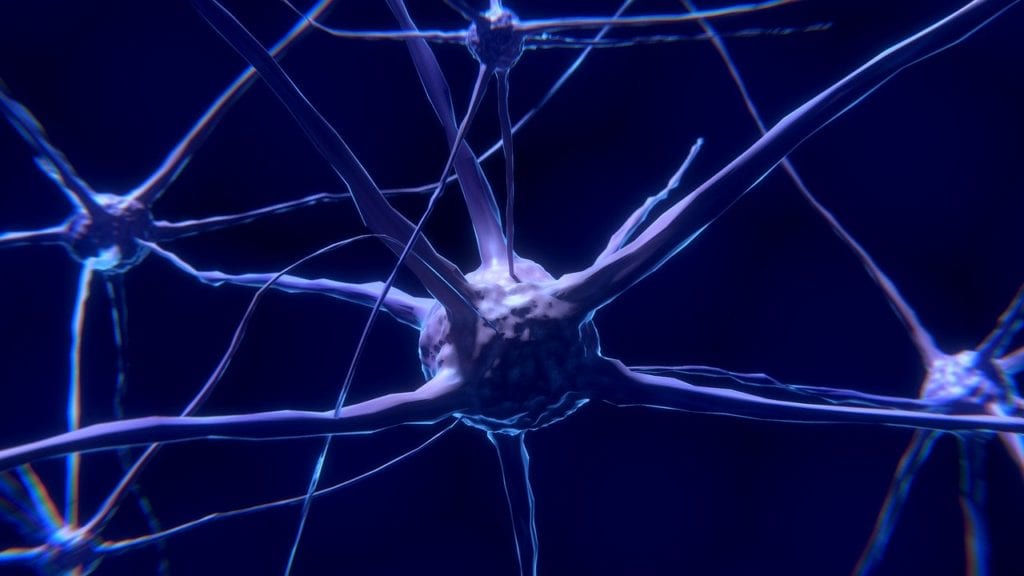In the past, some drug developers were not incentivized to develop treatments for those within the rare disease community, considering the smaller patient size. However, the FDA created the Orphan Drug Act, and resulting Orphan Drug designation, to prompt drug developers to create treatments for those in the rare disease community. Thus, the Orphan Drug designation is only given to drugs or biologics used to treat patients with rare or life-threatening conditions (affecting under 200,000 Americans). In a news release from July 7, 2021, biotechnology company Coya Therapeutics, Inc. (“Coya”) shared that its regulatory T-cell (“Treg”) cell therapy, ALS001, received Orphan Drug designation.
ALS001
Altogether, ALS001 is designed – as the name might suggest – to treat patients with amyotrophic lateral sclerosis (ALS). The intravenously administered therapy is designed to combat Treg dysfunction in inflammatory pathways. In a Phase 1 clinical trial, researchers determined that this autologous therapy was relatively safe and well-tolerated. ALS001 also stabilized respiratory function and prevented neuroinflammation.
Some recent studies show that lower or dysfunctional Treg levels could prompt ALS progression. Thus, it is imperative to develop new and effective treatment options to fulfill unmet needs within this patient population. Moving forward, Coya will continue to evaluate the neuroprotective elements of ALS001 in a Phase 2a clinical trial.
Due to its Orphan Drug status, ALS001 earned a variety of incentives for Coya. For example, the company will now receive fee credits, tax waivers, increased FDA regulatory assistance, and 7 years market exclusivity upon approval.
Amyotrophic Lateral Sclerosis (ALS)
Also known as Lou Gehrig’s disease, amyotrophic lateral sclerosis (ALS) is a rare and progressive neurodegenerative disease characterized by brain stem, spinal cord, and brain nerve cell death. In about 5-10% of cases, known as familial ALS, a genetic mutation is involved. However, in general, many doctors do not know what causes ALS. As ALS progresses, patients gradually lose muscle strength, as well as the ability to voluntarily move or control their muscles. Though ALS can affect multiple groups, it often affects older individuals more than younger, Caucasian males, and males more than females. Symptoms vary but include:
- Frequent tripping and falling
- Anxiety / psychological stress
- Weak, soft, and atrophied muscles
- Note: ALS can also cause stiff, tight, or spastic muscles.
- Difficulty speaking or swallowing
- Slowed or slurred speech
- Arm, leg, and hand weakness
- Difficulty with small, daily, or repetitive motion
- Muscle cramping or twitching
- Poor balance or posture
- Inappropriate crying, laughing, or yawning






